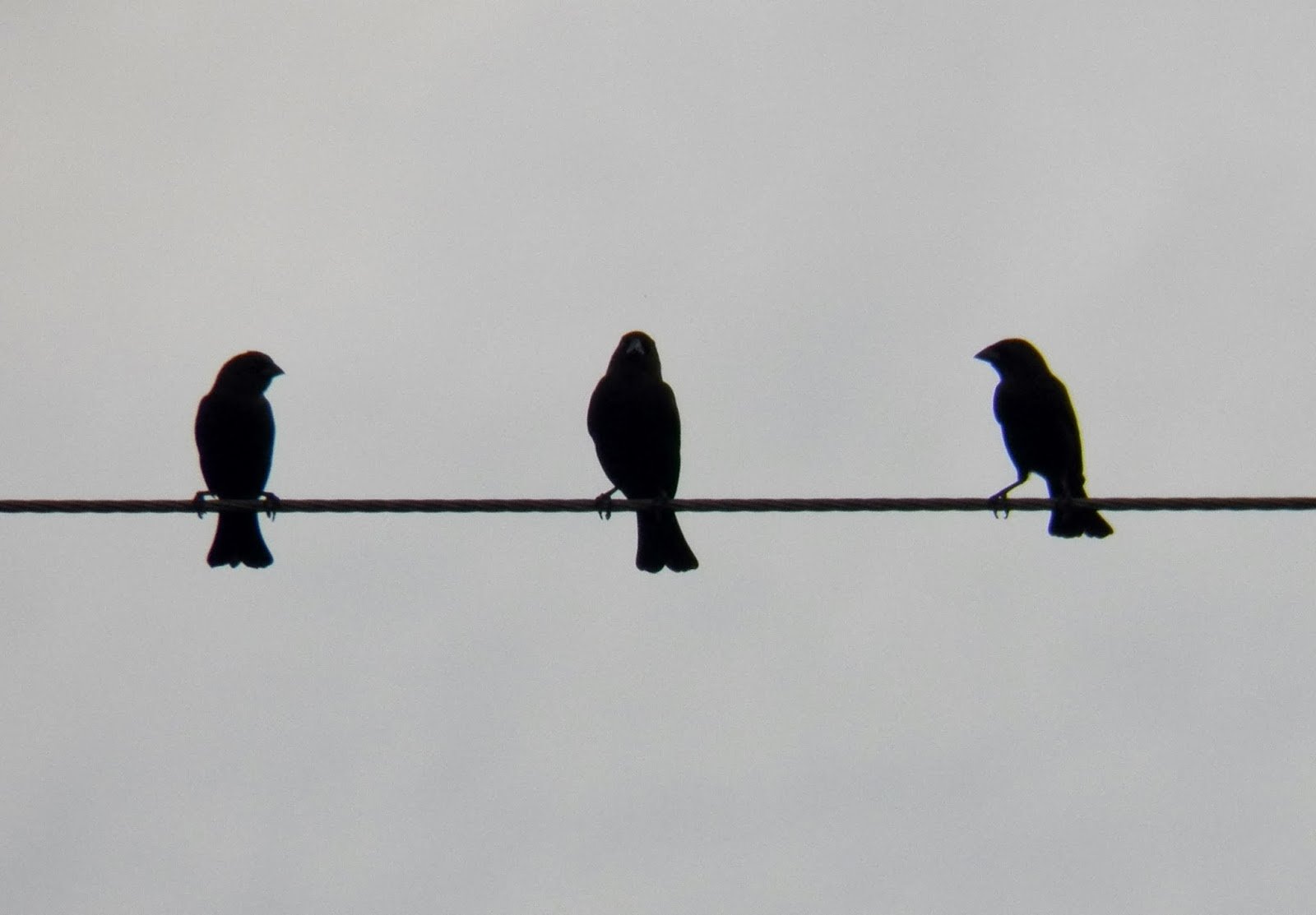Love Letters to Poetry | Thirteen Ways of Surprising Yourself and Your Reader
One thing about writing poetry that I especially love is that it teaches me to see the world with fresh eyes.
Wallace Stevens certainly did this when he wrote “Thirteen Ways of Looking at a Blackbird” which is an excellent study in observation. A wonderful way to develop one’s poetic eye is to study something—anything!—and write about it in thirteen—or more—different ways. I have found this exercise to be very useful, especially when I don’t know what to write about (which happens more often than I’d care to admit). Pick something—anything!—and write about it in thirteen different ways.
I find it is especially interesting and enlightening to look at something or someone very familiar to me and see what more I can learn. I have written, “Thirteen Ways of Looking at My Mother,” “Thirteen Ways of Looking at My Cat,” “Thirteen Ways of Looking at 9/11,” and “Thirteen Ways of Looking at Life Before the Virus.” When I am forced to keep looking at something and come up with yet another perspective about it, my creativity stretches and I surprise myself, which is a wonderful gift that poetry can give the poet as well as the reader. Here is a link to Wallace Stevens’ poem, followed by two poems of my own that were inspired by it.
https://www.poetryfoundation.org/poems/45236/thirteen-ways-of-looking-at-a-blackbird
Thirteen Ways of Looking at a Blackboard
1
Among twenty crowded classrooms
The only sound
Was the rat-tat-tat
Of the white stick of chalk
Against the black blackboard.
2
I was of three minds,
Like the multiple-choice question
With three incorrect answers
Scrawled upon the blackboard.
3
The eraser whirled across the blackboard.
It was a small part of the pantomime.
4
A teacher and her classroom
Are one.
A teacher and her classroom and her blackboard
Are one.
5
I do not know which I dread more,
The start of the lesson
Or the end of the lesson.
The blackboard covered with problems
Or just erased.
6
Foreign words filled the blackboard
In a curled and swirling script.
The shadow of the teacher
Paced to and fro
Her mood was indeciperhable.
7
Oh restless children at your wooden desks
Why do you stare out the window at the sky?
Do you not see the blank blackboard before you
Waiting like a Buddha for your attention?
8
I know great lines from great poetry
And my times-tables up through twelve.
But I know, too,
That the blackboard is involved
In everything I know.
9
When the blackboard disappeared
From the front of the classroom,
It marked the end of one of many eras.
10
At the sight of the cracked blackboard
Lying on the curb with the trash,
Even the most overworked, underpaid teacher
Would cry out sharply.
11
She dreamt she was back
In her third grade classroom
And a great fear pierced her
As she watched herself vanish
Into the bottomless black hole
Of the blackboard.
12
The classroom is empty.
The blackboard must be lonely.
13
It was the end of the school year
All year long.
We were graduating
And we were going to graduate.
The blackboard sat
Covered in chalk dust.
Thirteen Ways of Looking at a Poet
I
Among seven silent rooms
under a moonless midnight sky
the only sound heard
is the poet’s pen
scritching across the page
II
The poet was of three minds
like a sonnet, a sestina
and a terza rima
III
The poet tried to compose herself
It was a sorry part of the pantomime
IV
A poet and a poem are one
A poet and a poem and a reader
are one
V
The poet does not know
which to prefer:
starting a poem
or ending a poem:
the act of writing
or the act of having written
VI
Coffee grows cold in the cup
wine goes unsipped in the glass
The poet paces endlessly
Her mood is indecipherable
VII
Oh young people of the world
with your cell phones, lap tops, and video games
can’t you see the poems waiting to be read
scattered like fallen leaves all around you?
VIII
The poet knows how to dance the watusi
and bake brownies that can break your heart
but she knows, too
that poetry is involved in everything she knows
IX
When the poem flew out of the poet’s mind
it marked the edge of one of many circles
X
At the sight of all those poetry collections
on the bookshelves of the library
the poet cried out in ecstasy and despair
XI
The poet went to a café
and fear overtook her
in that she mistook all the
latté-sipping patrons for poets
XII
The poet’s pen is moving
The poet must be writing
XIII
It was the middle of the night all day long
The poet was writing and she was going to write
The poem sat in her mind waiting
“Thirteen Ways of Looking at a Blackboard” and “Thirteen Ways of Looking at A Poet”
Copyright ©2018 Lesléa Newman from LOVELY (Headmistress Press). Used by permission of the author.



